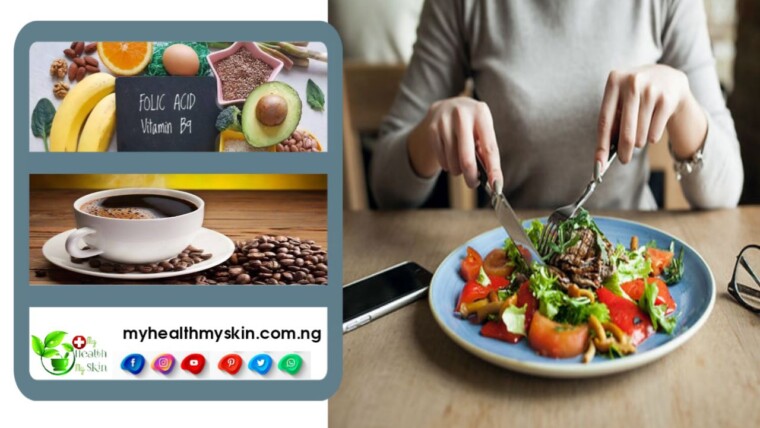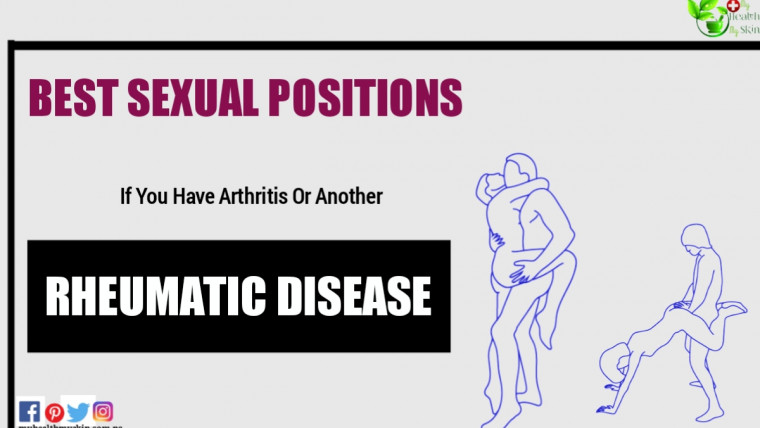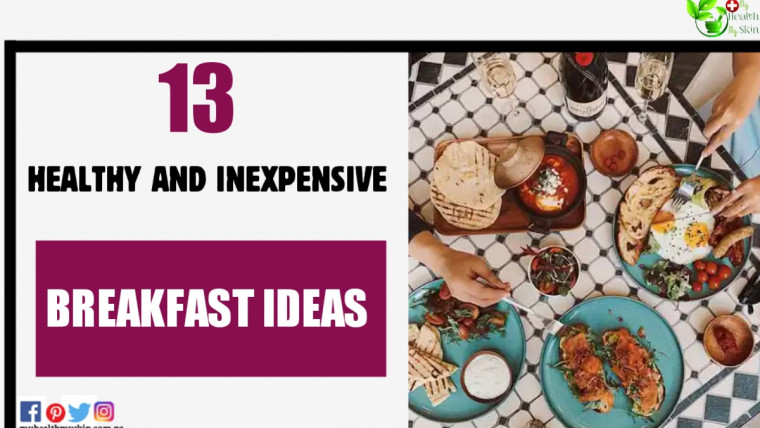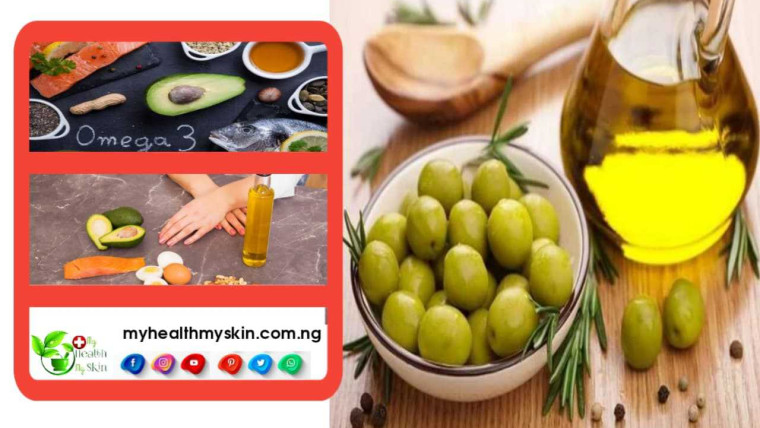Gastritis is inflammation, infection, or erosion of the lining of the stomach, called the mucosa. The inner walls of our stomach have mucus that coats them.
This mucus is a protective layer that prevents hydrochloric acid from contacting the internal muscles of the stomach. When this lining is damaged, symptoms of gastritis appear.
Gastritis can be caused by the ingestion of fatty foods, excessive consumption of alcoholic beverages and cigarettes, use of certain medications, viruses, parasites, fungi and the reflux of bile into the stomach, and also by the bacteria Helicobacter pylori.
[lwptoc]
Types Of Gastritis
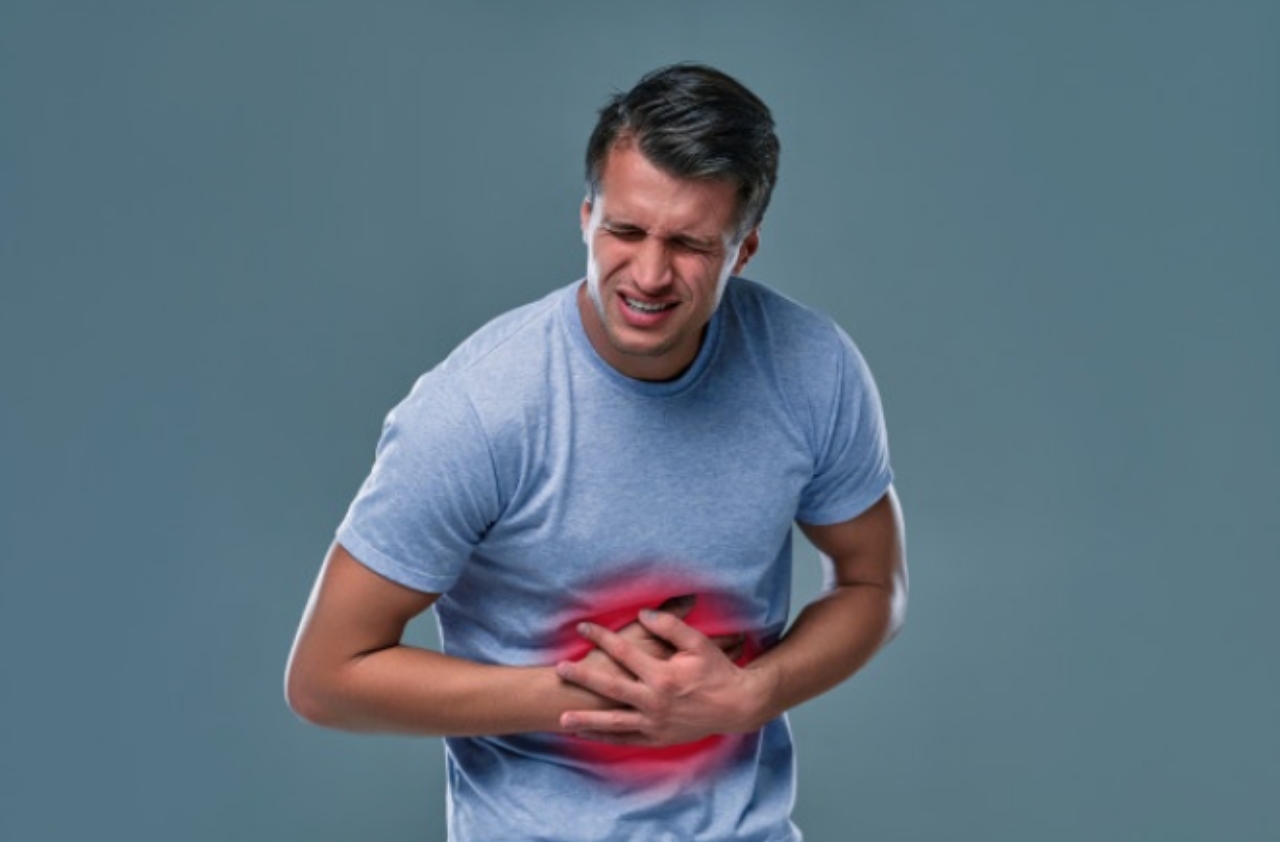
There are two types of this condition: acute and chronic gastritis. Gastritis can also be classified according to its cause (caused by viruses, bacteria, fungi, etc.), classified by location, that is, in which part of the stomach the inflammation is, or by the way the inflammation develops (suddenly or slowly over time).
Acute Gastritis
Acute gastritis appears suddenly and for several reasons, but it is very common to happen in situations of stress, drinking alcohol, using some medications, such as non-steroidal anti-inflammatory drugs, smoking or any inflammation or illness.
People with respiratory, kidney or liver diseases are more likely to suffer from acute gastritis.
Chronic Gastritis
Chronic gastritis is characterized by frequent episodes of symptoms (which we’ll look at below).
At this level, the person has already been suffering for a considerable period of acute gastritis without adequatete treatment and ends up slowly developing chronic gastritis, where the symptoms are more intense and the episodes can be more frequent and of prolonged duration.
Chronic Gastritis Can Be Classified Into Three Types:
- Type A Gastritis is caused by a disorder in the autoimmune system, in which our defense system ends up attacking and destroying the cells in the stomach, causing tissue inflammation and causing a deficiency of vitamins such as vitamin B12, which can eventually lead to a anemia picture.
- The Gastritis Type B is the most common of these, and is related to infection by a bacterium called Helicobacter pylori and usually develops in the lower part of the stomach called the pylorus. The bacteria is quite resistant, as it survives the acid produced in the stomach. Although many people have the bacteria without knowing it because they have no symptoms, very few end up developing peptide ulcers.
- The Gastritis Type C is usually caused by irritation of the gastric mucosa. This irritation can be caused by continuous or excessive use of medications, such as nonsteroidal anti-inflammatory drugs, alcohol, or reflux.
Nervous Gastritis
Nervous gastritis is a widely used and quite common expression, however, there is no precise definition for its meaning.
This term is usually used when a person experiences significant emotional stress.
The stress in our busy life affects our entire body, and our stomach would be no different.
There is a connection between anxiety and stomach problems. We all suffer from it at some point.
It can range from mild indigestion, heartburn and burning, to severe pain or even chronic stomach pains.
All this stress can make gastritis worse, inflame ulcers, and worsen stomach-related problems. So it’s important to find ways to alleviate all the stress.
Symptoms
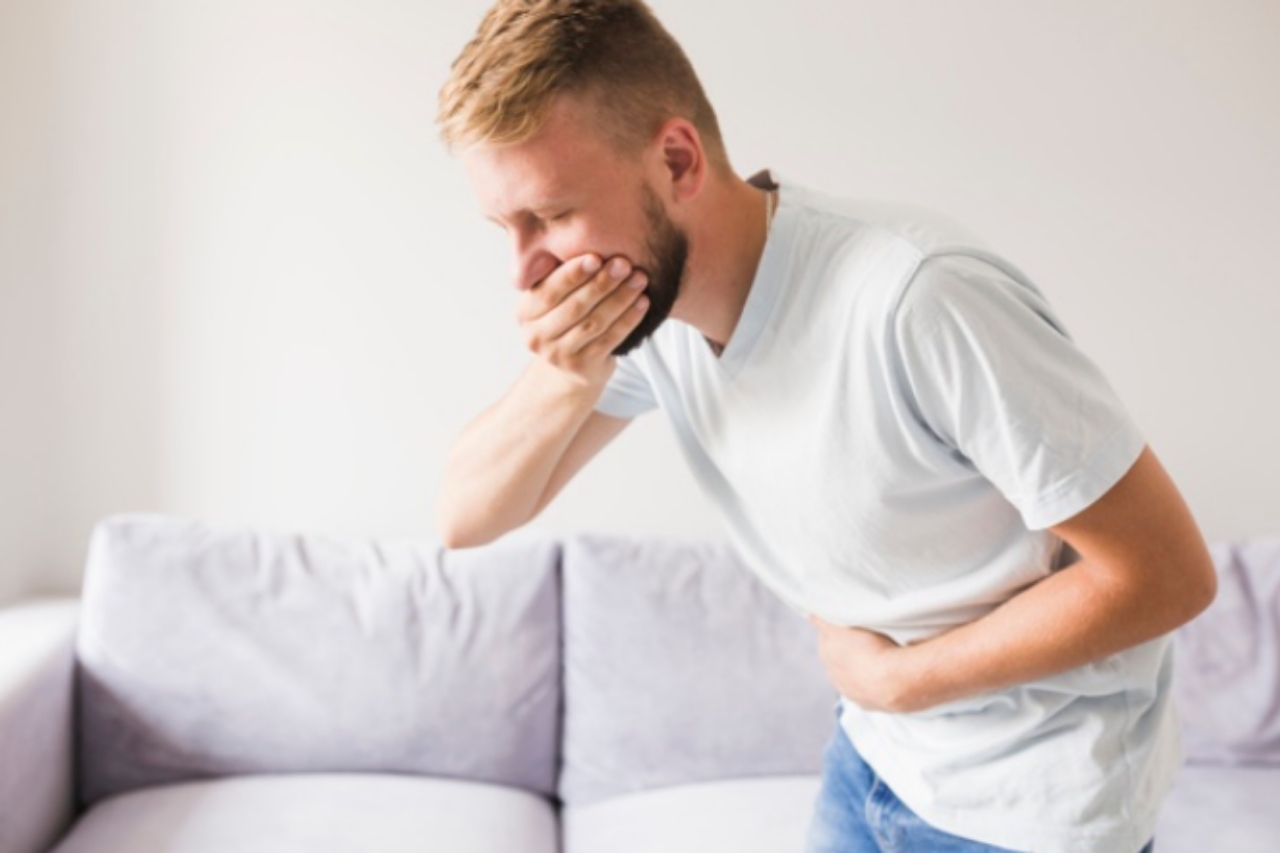
Symptoms can vary according to the body of each person and there are still cases where they are not even noticed. The most common conditions of gastritis are:
- Abdominal pain;
- Stomach Burning/Heartburn;
- Indigestion;
- Feeling of bloating in the stomach;
- Loss of appetite;
- Nausea;
- Vomiting;
- Very dark stools;
- Weight loss.
In more severe cases, there may be blood in the stool and vomit.
Treatment And Remedies – Is Gastritis Curable?
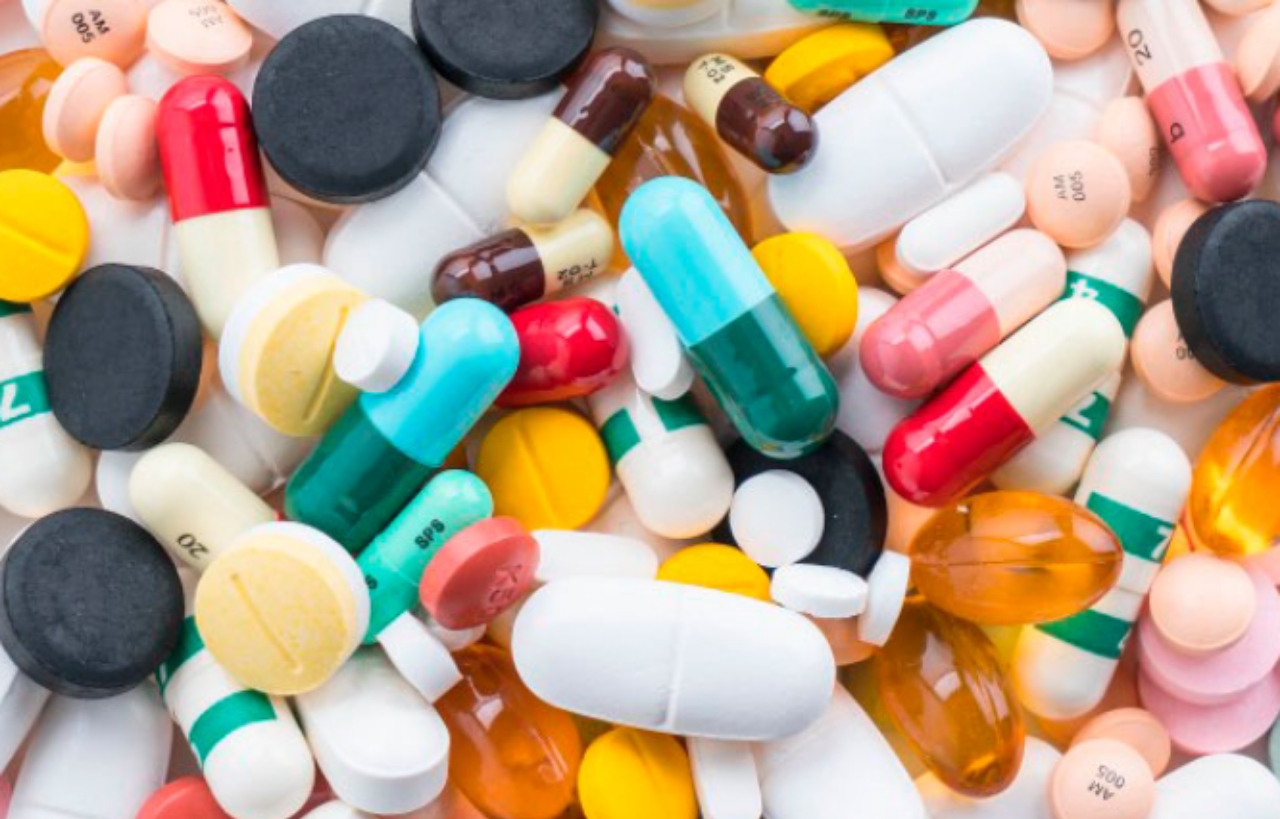
Gastritis, when identified and treated correctly, is curable. In order to be properly treated, it is necessary to have a diagnosis evaluated by a physician, usually a gastroenterologist.
This diagnosis is made through physical or laboratory tests, such as a blood test or even an endoscopy or colonoscopy.
After having a diagnosis confirming the type of gastritis, the doctor will be able to treat it as appropriately as possible, either with antibiotics or medications that protect the stomach.
Once an acute gastritis has progressed to chronic, one of these types of treatment will be needed:
In cases of Type A Gastritis, the most suitable treatment is medication to reduce or block the production of stomach acid.
In this case, some of the most common medications are omeprazole and ranitidine and antacids such as aluminum hydroxide and calcium carbonate.
In cases of Type B Gastritis, in which the cause is a bacteria, it is necessary to use antibiotics, such as amoxicillin, clarithromycin and metronidazole to fight the infection.
Typically, a combination of antibiotics is used and the treatment lasts between 7 to 14 days, up to a month. Properly treating a person with the H. Pylori bacteria reduces their chances of developing chronic gastritis.
Other medical recommendations are also important to be followed, such as reducing or interrupting the use of medications such as ibuprofen and aspirin, which in the case of Type C Gastritis, in some patients, end up contributing to mucosal irritation.
What Food Are Good For Gastritis And What Not To Eat
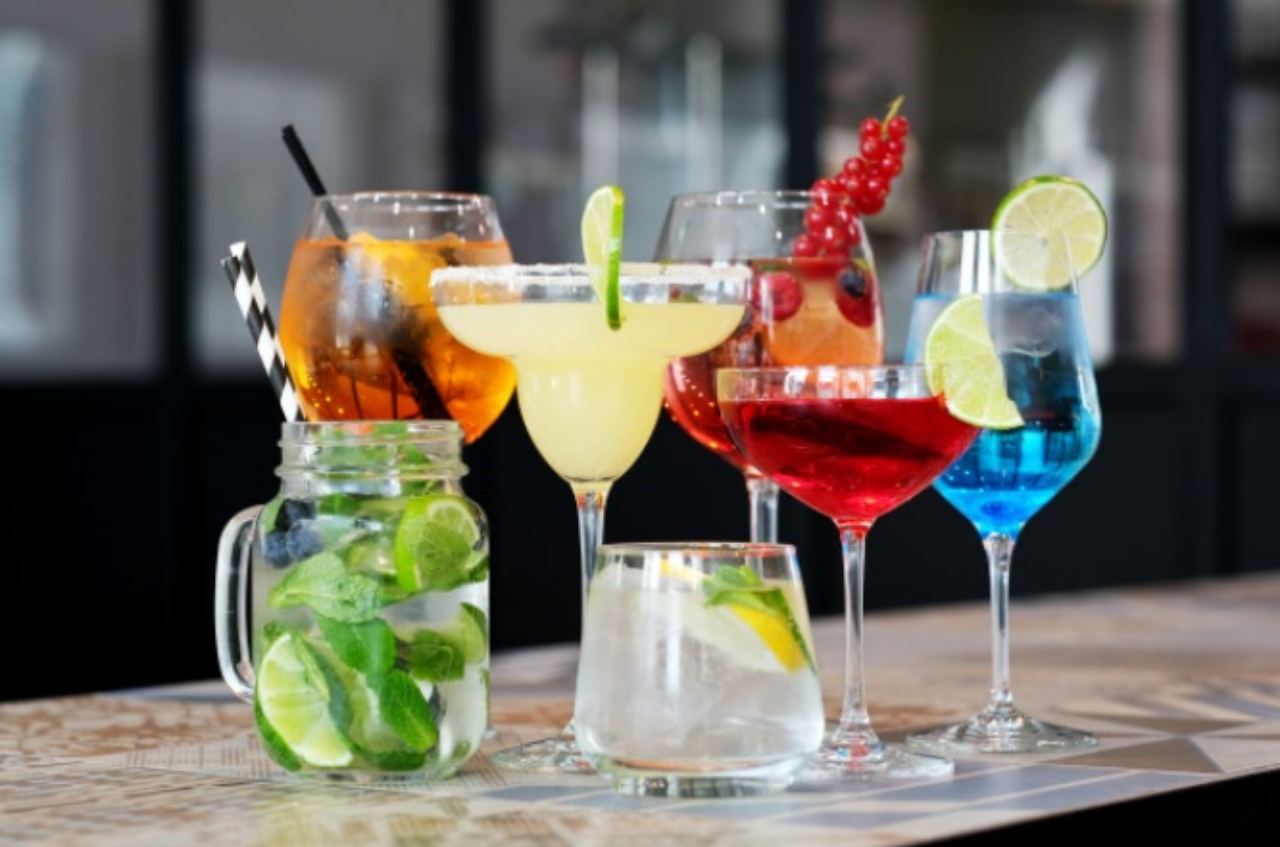
For those suffering from gastritis, it is essential to adopt a diet that helps reduce stomach irritation. With this, the person must avoid or at least limit the consumption of:
- Alcoholic beverages including beer and wine;
- Coffee, black and green teas and other caffeinated beverages;
- Citrus fruits such as pineapple and orange;
- Tomatoes and tomato derivatives, such as tomato sauce.
- Whole milk;
- Chocolate milk;
- Chocolate;
- Fried food;
- Spicy food;
- Fat food;
- Soft drinks.
And what can you eat without causing more irritation to the mucosa? The answer is a variety of foods, especially those rich in fiber and flavonoids, as studies have shown that consuming these foods reduces the bacterial growth of H. pylori.
Some examples of food are:
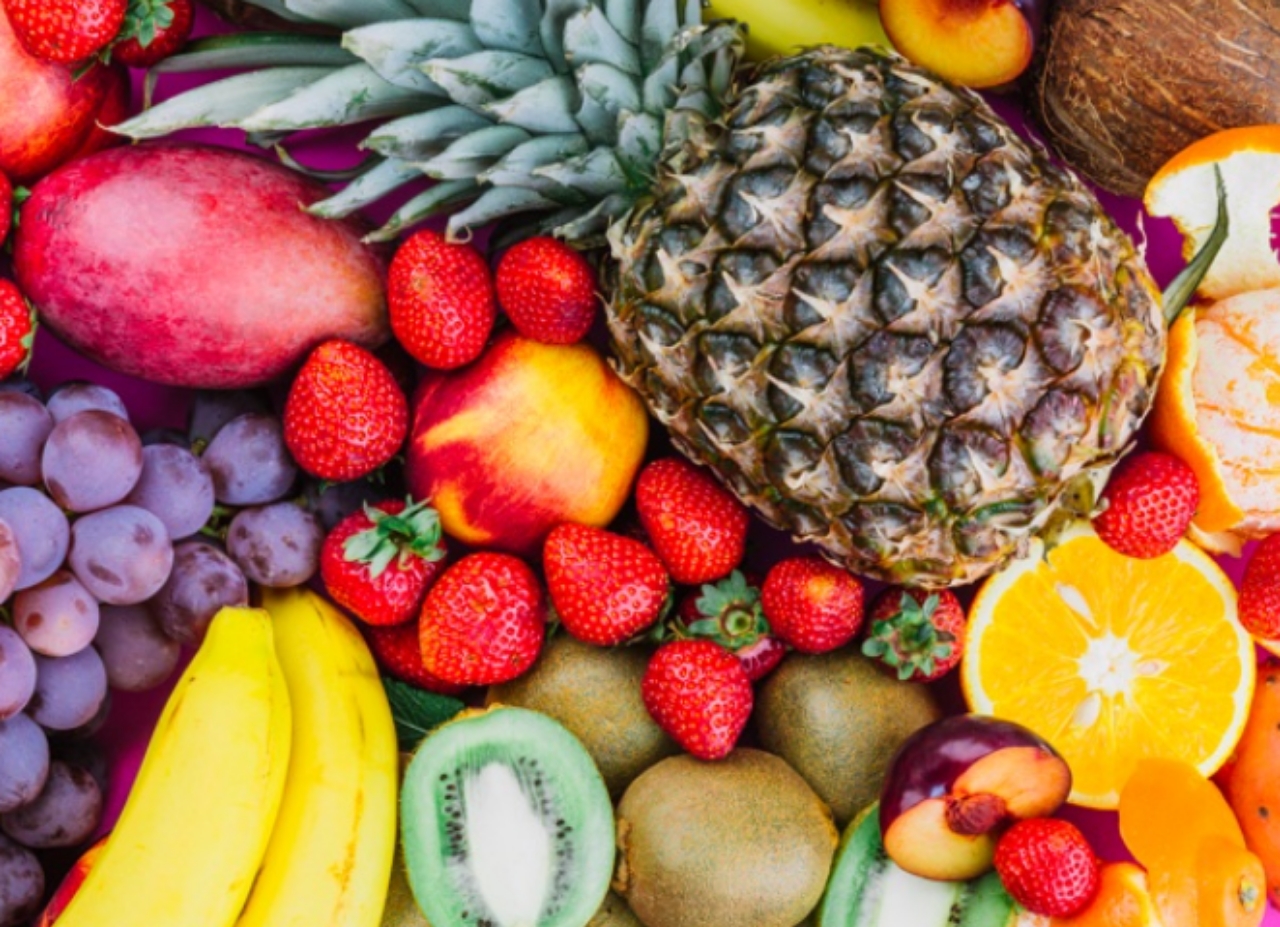
- Broccoli (has Sulforaphane, which has an antibacterial effect);
- Yogurt (great for intestinal flora);
fruits like- apple;
- banana;
- pear;
- peach;
- papaya and
- melon;
- Skimmed milk and low-fat cheese;
- Whole Foods;
- Lean meats like chicken and fish;
Eggs; - Nuts and Chestnuts.
Try including probiotic foods as well . Probiotics, such as Lactobacillus and Bifidobacterium species, are beneficial bacteria that colonize the lining of the intestinal tract. Studies have shown that probiotics can help fight Helicobacter.
Other habits can contribute to your treatment, such as quitting smoking, eating dinner at least 2 hours before bed, and eating smaller meals at shorter intervals. To see more post on Physical & Mental Health click here.
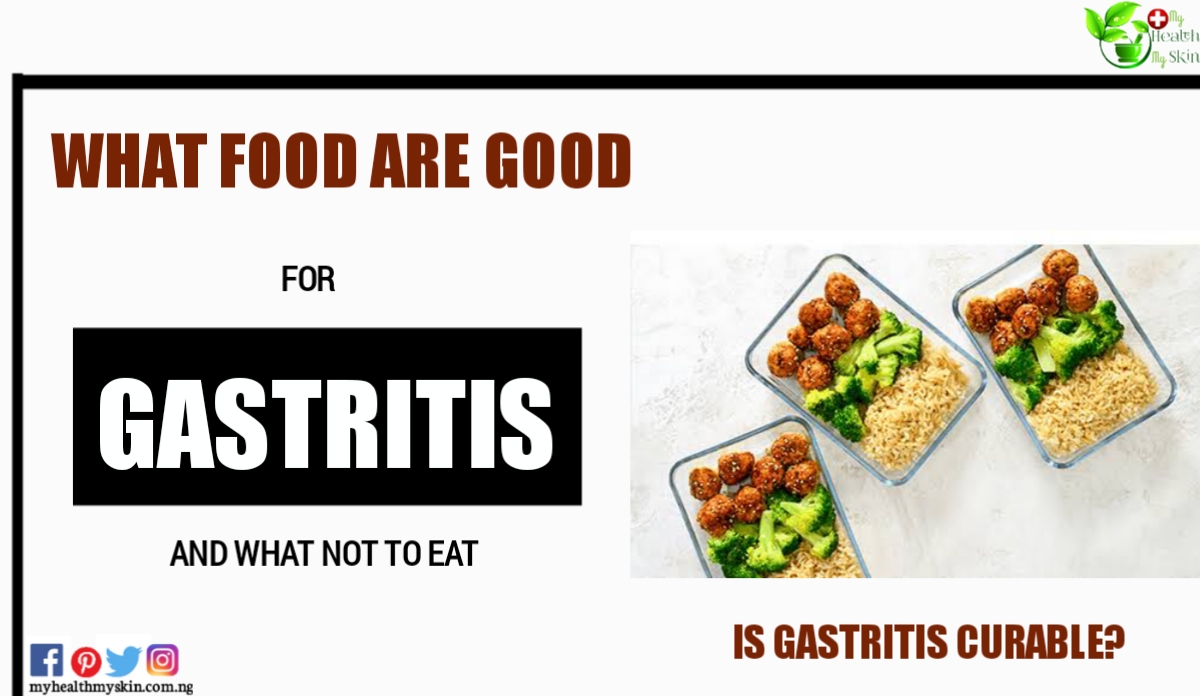
Do you suffer from bouts of stomach pain? Did you know that there are different types of treatment for gastritis? Do you use a balanced diet to alleviate the symptoms of this condition? Comment below!



